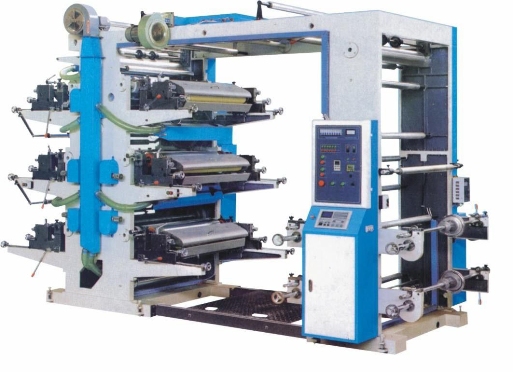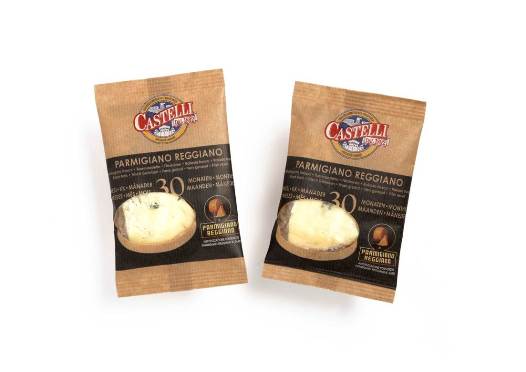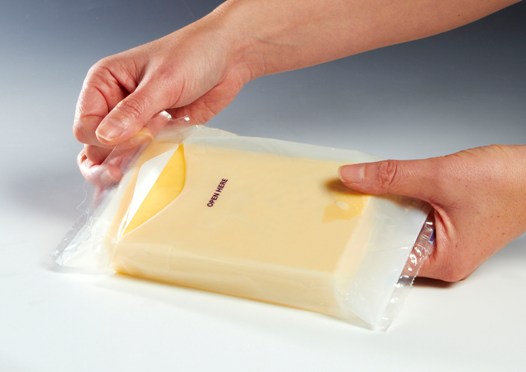Barry Twigg | A look at how the flexibles market has evolved
As National Flexible celebrates 20 years, chief executive Barry Twigg reflects on some of the monumental changes which have taken place in flexibles since.
Once upon a time, but then not so very long ago, there were four polypropylene film manufacturing plants in the UK. Who out there can remember ICI at Dumfries, Shorko in Swindon, UCB at Wigton, Moblefan in Essex. All these companies, along with three of the plants are defunct. Only the Innovia plant at Wigton remains using blown film technology now deserted by the rest of the world’s OPP film manufacturers. The UK also had four plants manufacturing cellulose, these were British Sidak, Transparent Paper, British Cellophane and UCB at Wigton. The last is the sole survivor in Europe.
In those far off days, Amcor were a packaging company from Australia, somewhere in Europe, now it dominates the UK market in film conversion. Also back then there were many larger independent converting companies with names which will still stir memories in corners of some of todays’ flexible company offices.
Remember Lawson Mardon, Romney, Crest, Colordense, BP, Venus, EBR and Bonner Teich? In 1993 these were the ‘go to’ companies not just for flexo but also for gravure printing and converting. Lamination in those days was a minority market, with long lead times and sales cultures which suggested that as a customer you were very fortunate to be allowed supplies.
The plain film market was dominated by companies like Canning, Viscasse and Bakery Supplies who complimented direct sale of small reels from the manufacturing companies such as Mobil, Manuli, UCB and Shorko. It took many years for the film manufacturers to appreciate the provision of a JIT service was more critical to customers than lower prices. Meanwhile companies like Canning, Vislasse, Bakery Supplies and Northern Packaging all went bankrupt trying to compete in the low price culture which prevailed.
In the 1990s, some new major groups entered the industry and went on buying sprees in an effort to consolidate the Flexible Films converting market. Sidlaw Group and BPI expanded and diversified into OPP Flexible Printing and laminating, only to retreat a few years later. Meanwhile larger companies were lurking in the wings ready to pounce. Thus we saw the eventual entry of Amcor and Printpack, international heavyweights who acquired companies, closed plants and established themselves as market leaders. Over the last 10 years further consolidation has come from the likes of Paragon, Ultimate, Excelsior and Interflex as these companies have re-created the mid size companies that had disappeared over time, either through acquisition or courtesy of the receiver.
We were reflecting on these tectoric shifts which have taken place in the UK film converting industry since we at National Flexible evolved from Fist Fast Flexible packaging exactly 20 years ago this year. In those days ours was a £2.5m sales business selling paper sacks, shrink, stretch films and sundries for packaging. Originally we were part of the Charles Baynes group where we had a big brother company which was National Packaging later absorbed into the McFarlane Group. Our own MBO from Baynes occurred some 15 years ago.
The differences in the converting industry which have evolved since 2003 are amazing. The centre of gravity for supply of OPP films in particular, has moved from the UK initially to Italy and Europe, then to Turkey and now to the Middle East. The monster investment in the Boroughe and El Jubail plants has transformed the supply of source material for all films and the ongoing vertical integration of film manufacture in the Middle East, will eventually leave little for the remaining European Film manufacturers other than “specials”.
The recent acquisition of Paragon by Sun Inc consolidates the dominance of ownership of the UK converter market by Australian and American Corporations. This international ownership grows year by year and is no doubt set to continue. It is probable that they will shortly be joined by a major European and/or large Indian converter who could possibly make their acquisition sometime in 2013/14.
In 20 years innovative advances in packaging formats, film and print technology have meant that only those companies that have had the technical ability and financial strength to invest in new technologies have flourished and this trend will undoubtedly continue into the future. Pouches, Doy Pack with valves/spouts, FFS Flowwrap packs with re-closeable zips and Velcro strips, Paper Laminates with Windows, these are all now available in reel form. These are just some of the developments that will help overcome the “Problem packs” which are a constant source of complaint by customers of the retailers who bear the brunt of the end users dissatisfaction.
Our own latest offering based on a £6m investment by one of our supply partners is a new eight layer co-extrusion which produces a low cost single web film incorporating PET/EVOH/PE/Antimist, perfect for packing meat and cheese.
Its development’s like these that make the future for flexible packaging as interesting, and exciting as the past. If the changes over the next 20 years are as momentous as those since 1993, successors in this business are in for an exciting ride.
Barry Twigg is chief executive of National Flexible





































